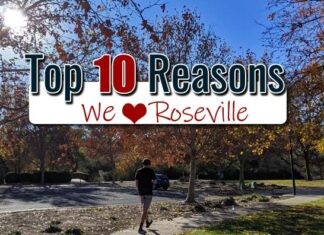“I began noticing something wasn’t right in 2006,” said 67-year-old Linda Buytendorp of Crawfordville, Florida, “but I was in denial and so was my husband. I told him he needed to see a doctor, but he said nothing was wrong and if I kept it up he was going to walk out and never come back.”
What the Buytendorps were denying was husband Frans’ out-of-character problems with confusion and memory. Before his retirement, Frans had been the regional president of a chemical company with 14 plants stretching from Boston to Miami. By 2006, he was having trouble understanding his bank statements.
“And he’d been an avid reader, sometimes two or three books a week,” said Buytendorp. “Then I began noticing he’d read a book a while and have to start over because of forgetting what he’d read.”
When the Buytendorps visited Linda’s hospitalized mother in 2010, Frans became deeply confused, including not knowing where he was (Utah), why (to see his mother-in-law) or later that she had died. After returning to Florida, the Buytendorps soon discovered Frans had a form of dementia, probably Alzheimer’s disease. Physicians can only diagnose Alzheimer’s disease with 100 percent certainty postmortem.
Buytendorp had advice for family members of people exhibiting dementia symptoms. “First, they need to do whatever possible to get their loved ones to a doctor, but not just any doctor,” she said. “They need to visit a memory disorders clinic. Our first experience was with a neurologist who didn’t specialize in Alzheimer’s. He only put my husband on medication, and didn’t give us so much as a pamphlet about what would happen during the course of the disease.”
So they visited a memory disorders clinic in Tallahassee. “It was there I learned how to care for (Frans) and go along with what he said,” she said. “Sometimes, you have to fib to a dementia patient. For example, (74-year-old Frans) sometimes thinks our adult children are still teenagers and will want to know where they are. If I correct him, and say they’re grown, he becomes confused. But if I say they are at swim practice and will be home at 9:30, he’s all right.”
She said learning to not correct her husband’s memory has improved their marriage more than anything. Buytendorp also stressed the importance of education, and seeking knowledge from groups like Forget Me Not on Facebook.
(21+ years strong)
Welcome to the brighter side!
Get in front of local customers! 24/7 (365)




















